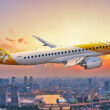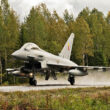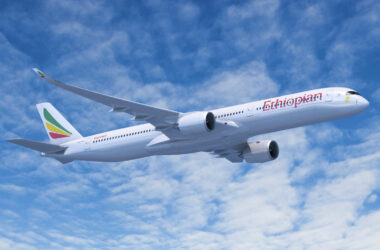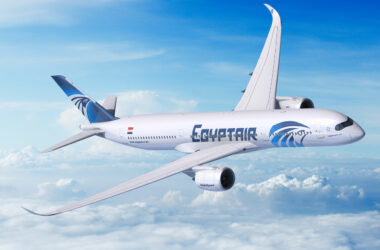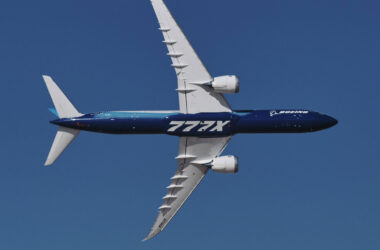Emirates Airline increased orders for modern and efficient widebodies during the Dubai Airshow, expanding the order book for the Airbus A350 and Boeing 777X.
This, however, does not mean that the carrier has given up on the A380, the largest passenger plane in history.
The main customer for the double-deck aircraft, with 123 orders placed with Airbus, Emirates announced at the event that it has reached several agreements with suppliers that will help it keep the majority of the A380 fleet active until at least the early 2040s.
The “task force” includes names like Safran, Honeywell, Pratt & Whitney, Collins Aerospace and Lufthansa Technik. In common, these companies will have the mission of carrying out maintenance, overhauls and even producing spare parts for the aircraft.
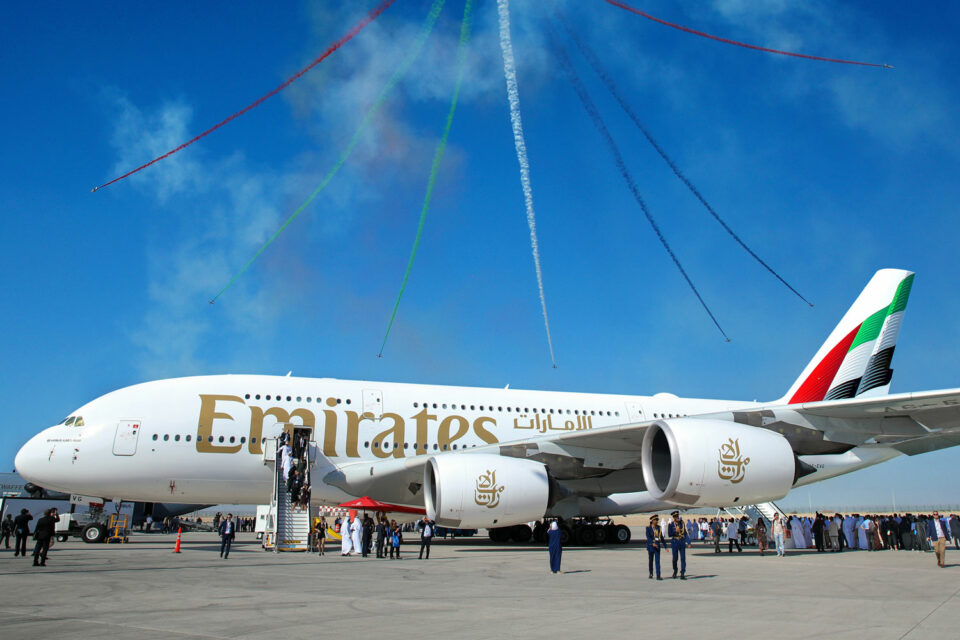
Out of production since December 2021, when Airbus delivered the last example to Emirates itself, the A380 has entered the phase in which the active fleet tends to shrink year by year, as the operating costs of maintaining it grow.
In October there were 232 aircraft of this type active in the world, 19 less than two years before.
It is this risk that Emirates does not want to take. With Airbus support limited in the future, the solution was to create a support network to keep the A380s in safe operating conditions.
“The A380 has been and will continue to be very much part of the Emirates story. Its size and capacity has allowed Emirates to unlock growth at some of the world’s busiest airports, opened new opportunities for travellers, and substantially raised standards for passenger comfort,” said Sir Tim Clark, president of the airline.

In service until the early 2040s
Within the agreements reached, Collins will be in charge of supporting the A380 main landing gear overhaul program while Safran Landing Systems will provide customized services for the equipment.
Honeywell will be responsible for supplying carbon wheels and brakes for the jet, which will be overhauled in Dubai. Pratt & Whitney will take care of the PW980 auxiliary power units (APU).
Regarding the MRO (Maintenance, Repair and Overhaul) service, Emirates will work in partnership with Lufthansa Technik, Gameco and Haeco, who will carry out the “C Checks” of the four-engine aircraft.
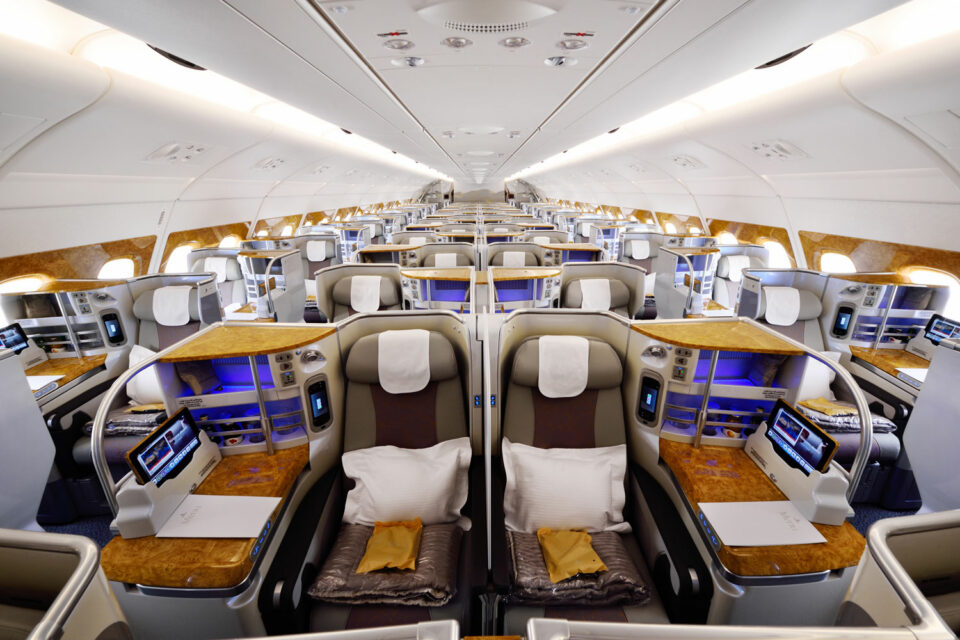
Emirates Airlines currently has 116 A380s in its fleet, 90 of which are in active service. The goal, according to Clark, is for 90 of these jets to be in flying condition over the next decade and for the aircraft to only go out of service in the early 2040s.
Follow ADN: Instagram | LinkedIn | Twitter | Facebook
“Our continued commitment to and confidence in the A380 are why we’re investing heavily to keep the fleet in optimal shape and pristine condition. The A380 will remain core to our network and customer proposition for the next decade, and we want to ensure our fleet is in tip-top shape”, added the chief executive.


